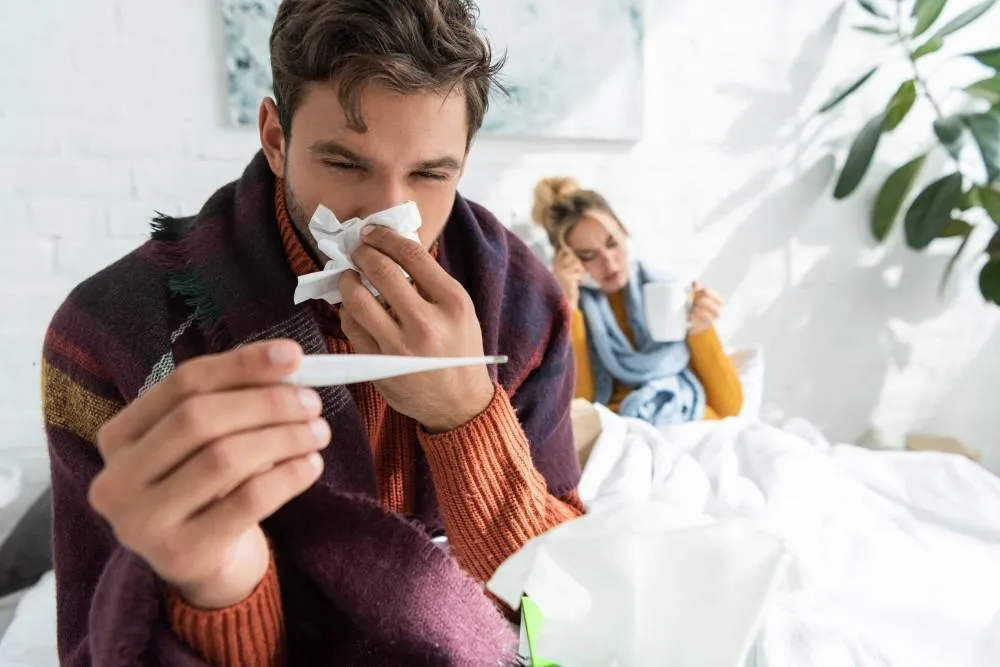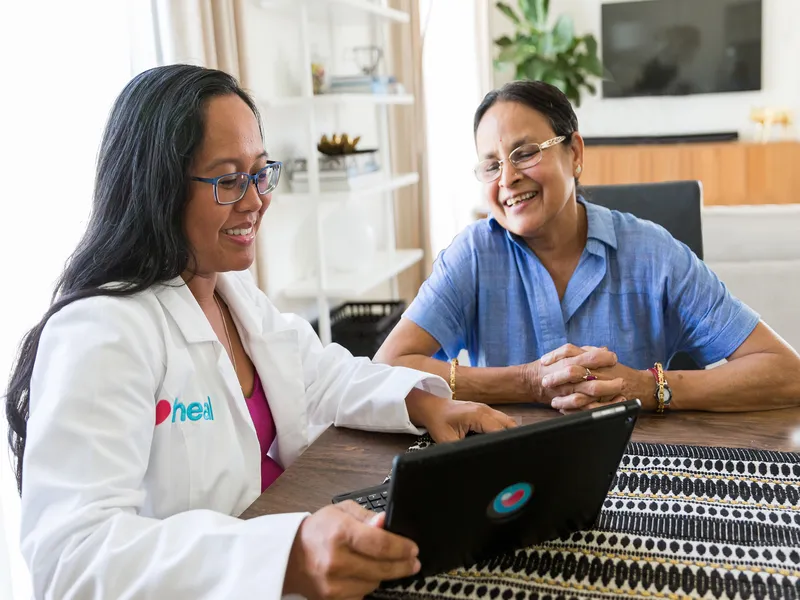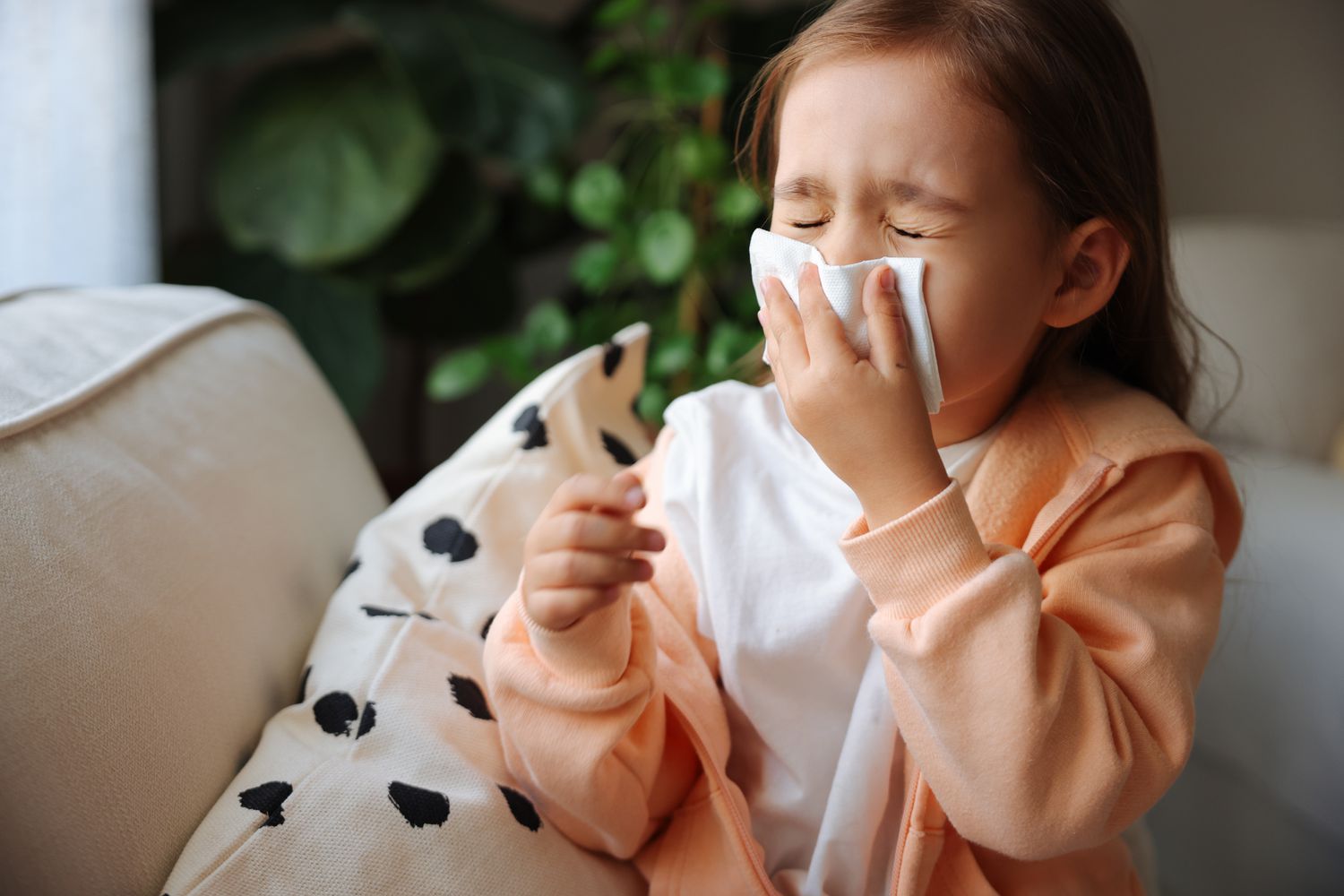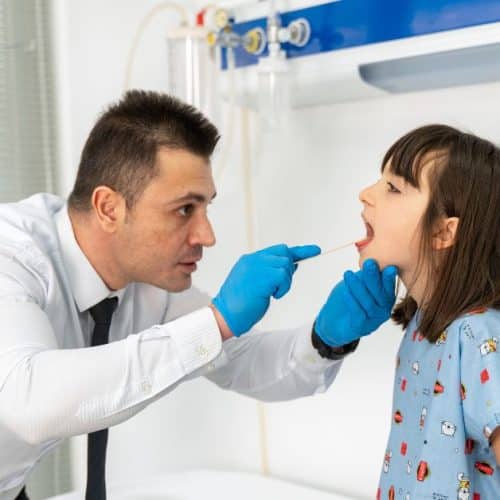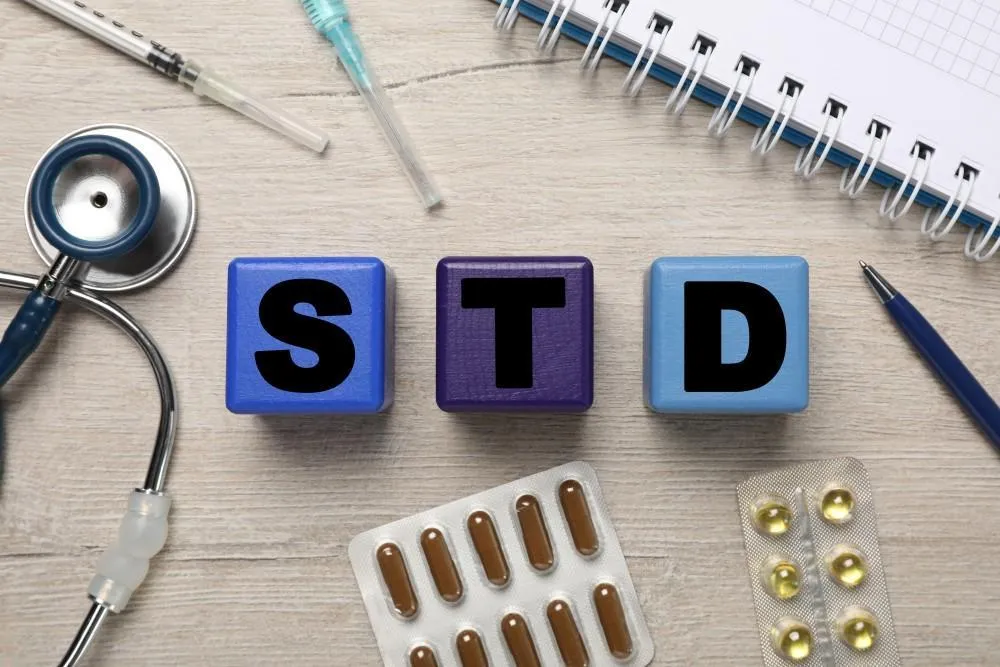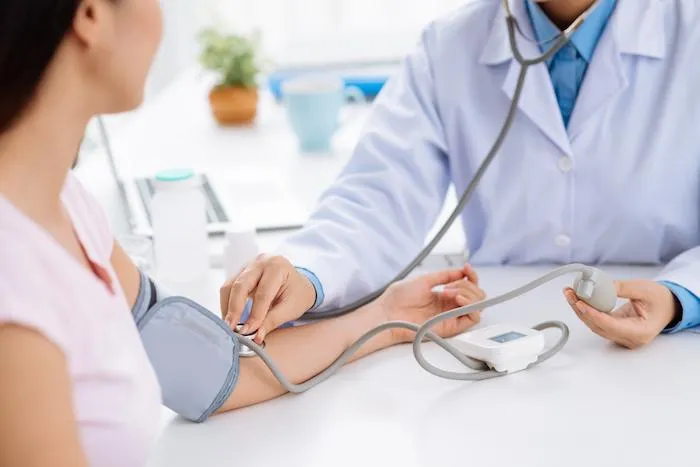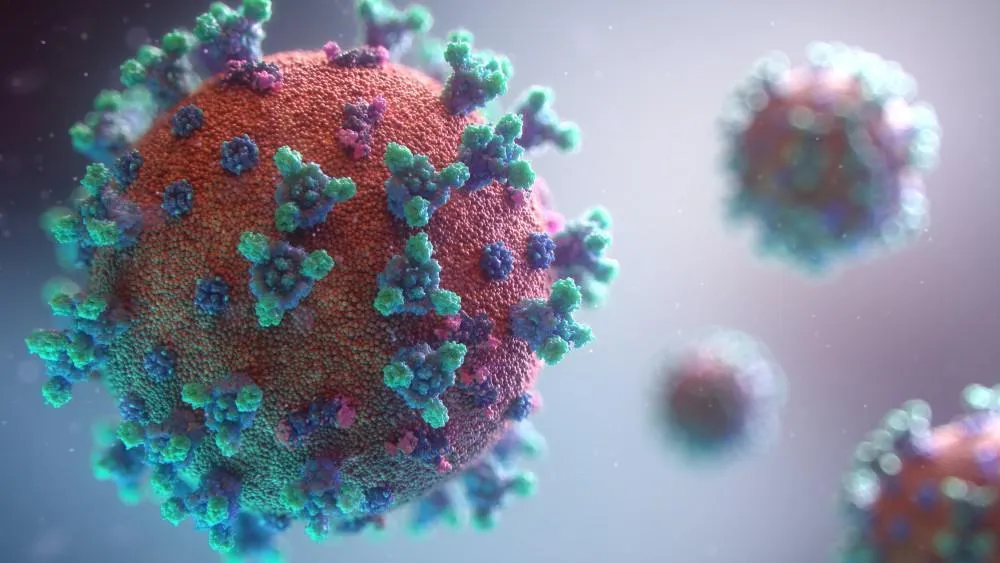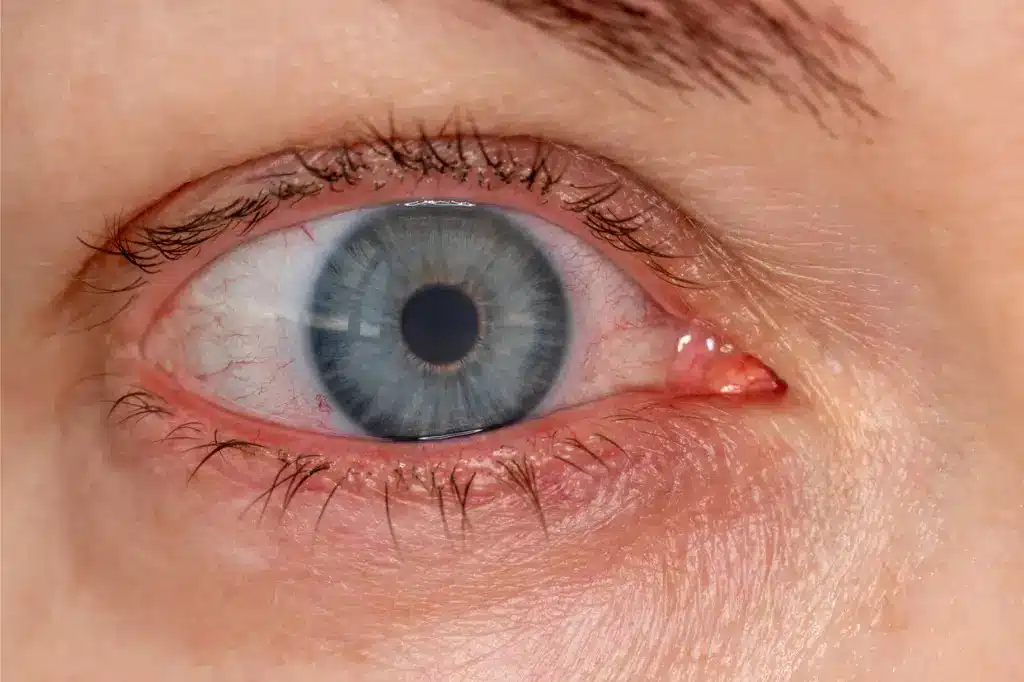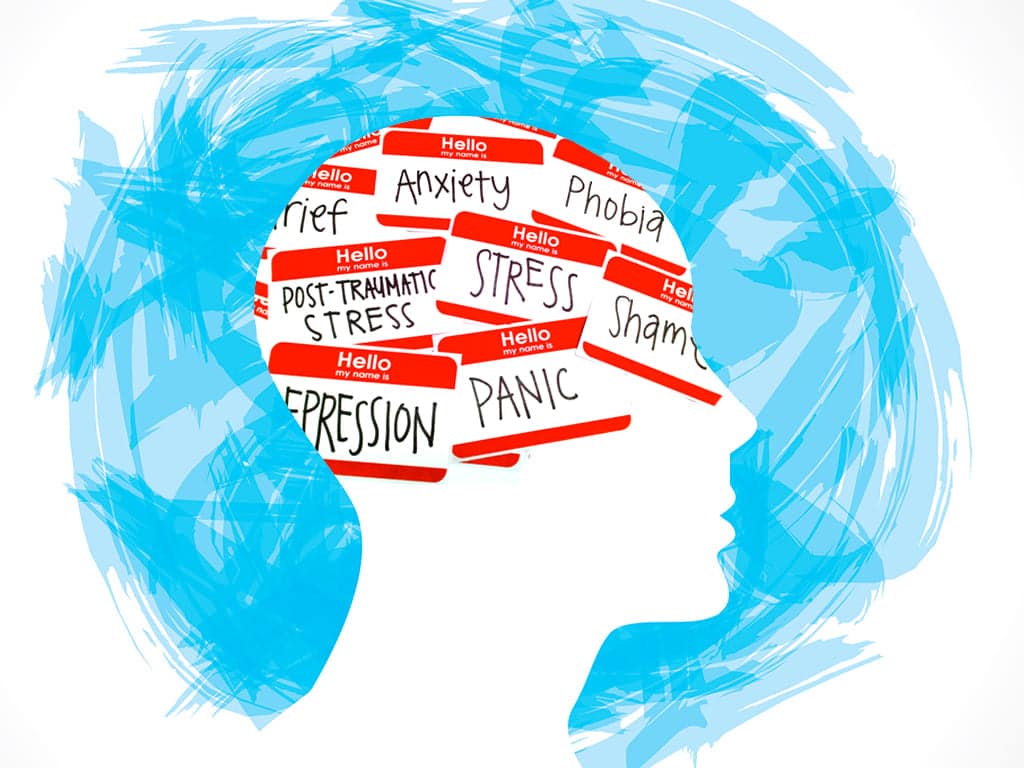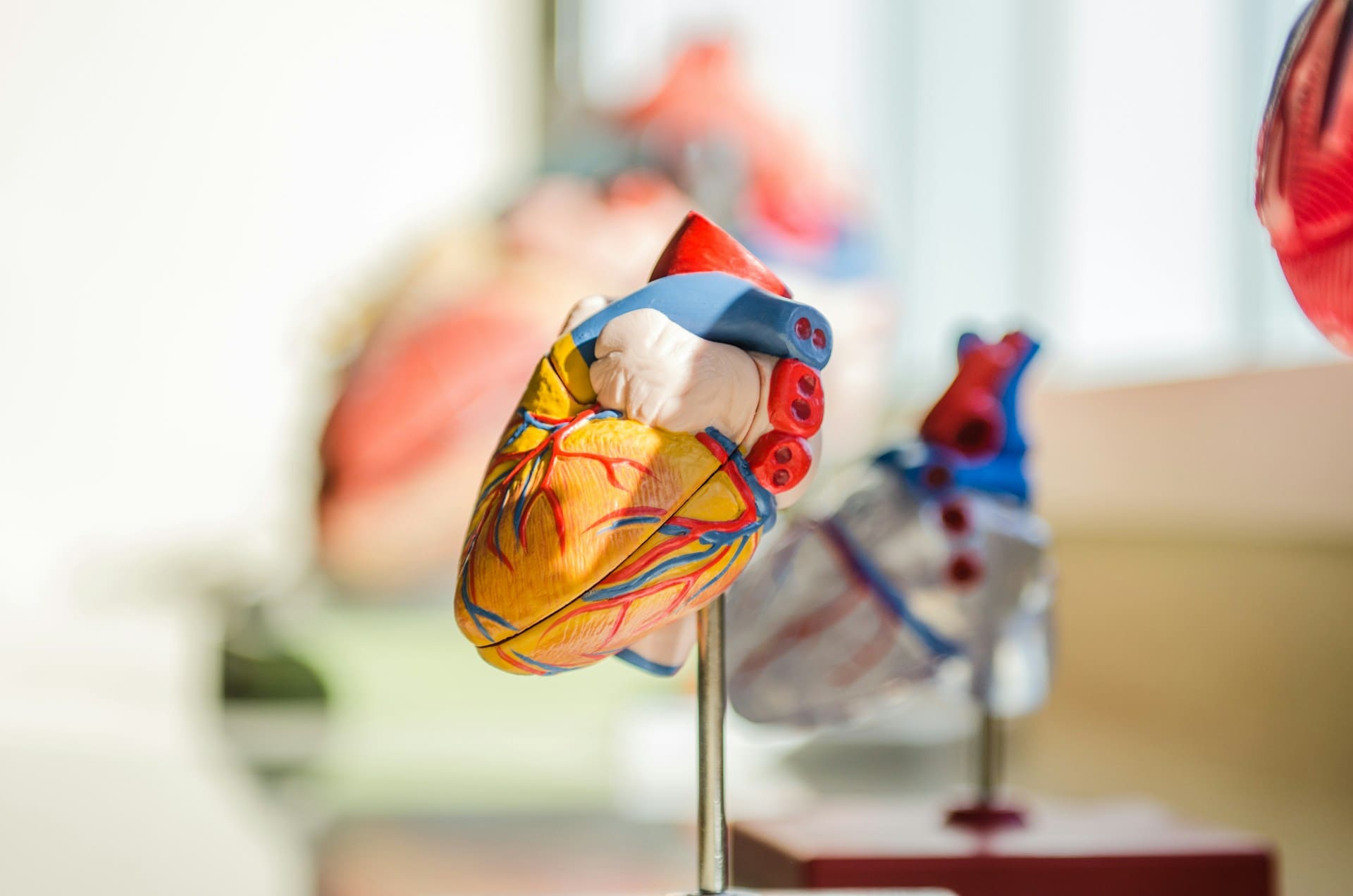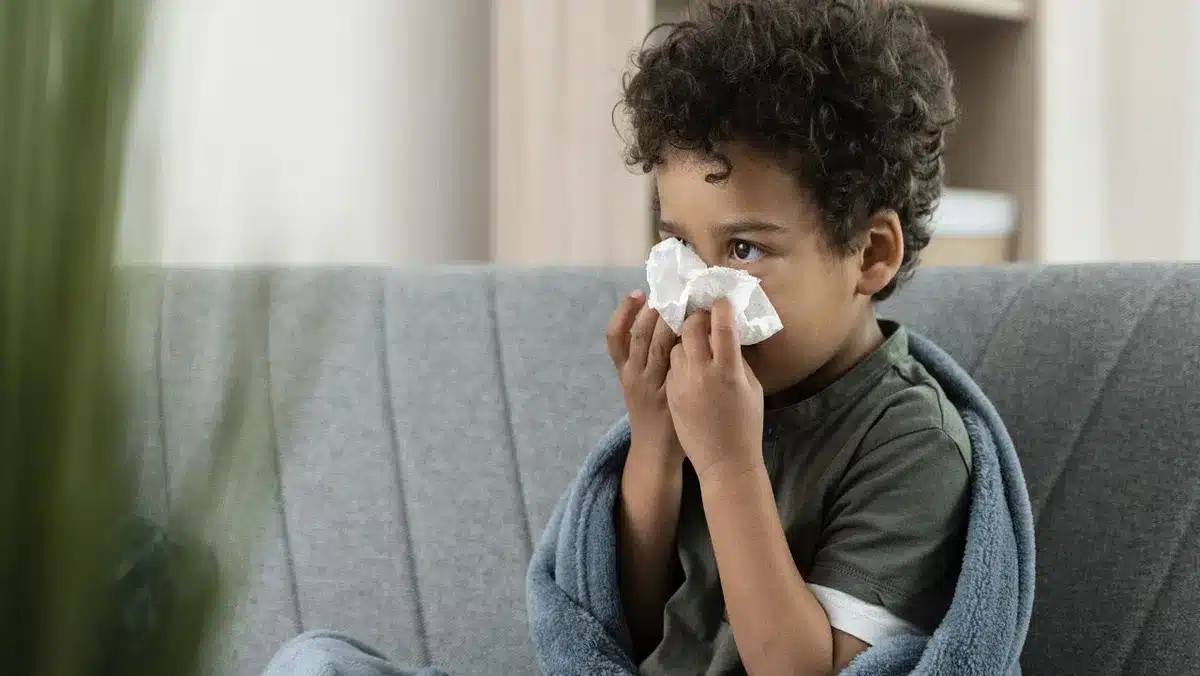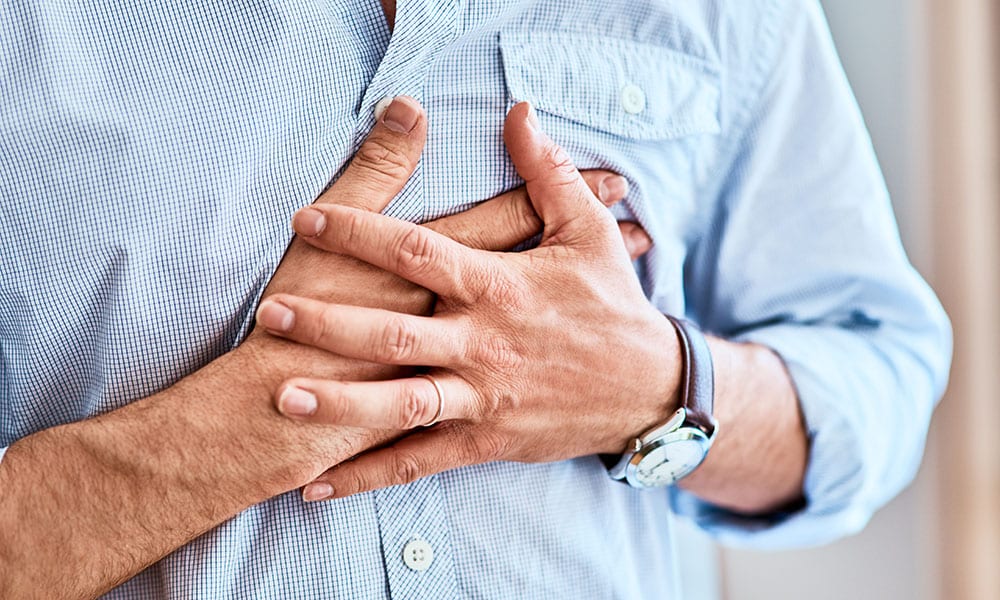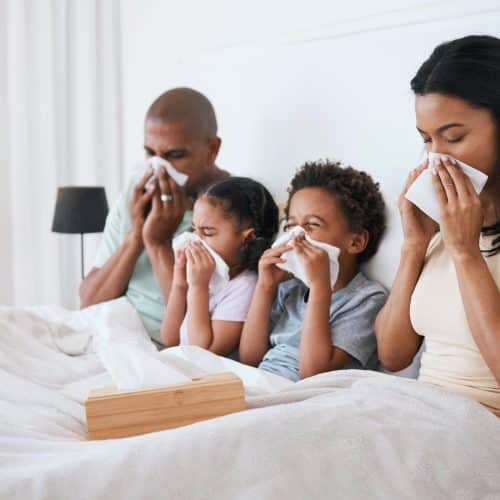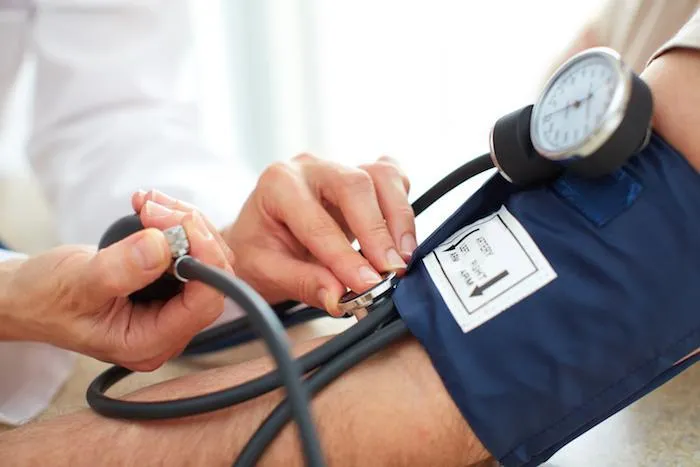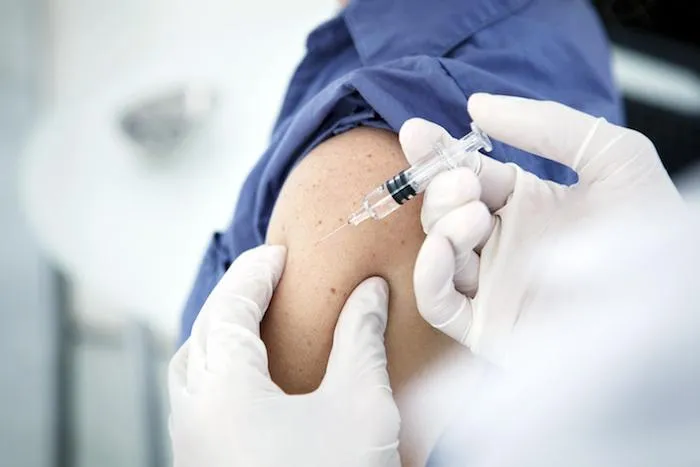Should I Be Tested for COVID-19?
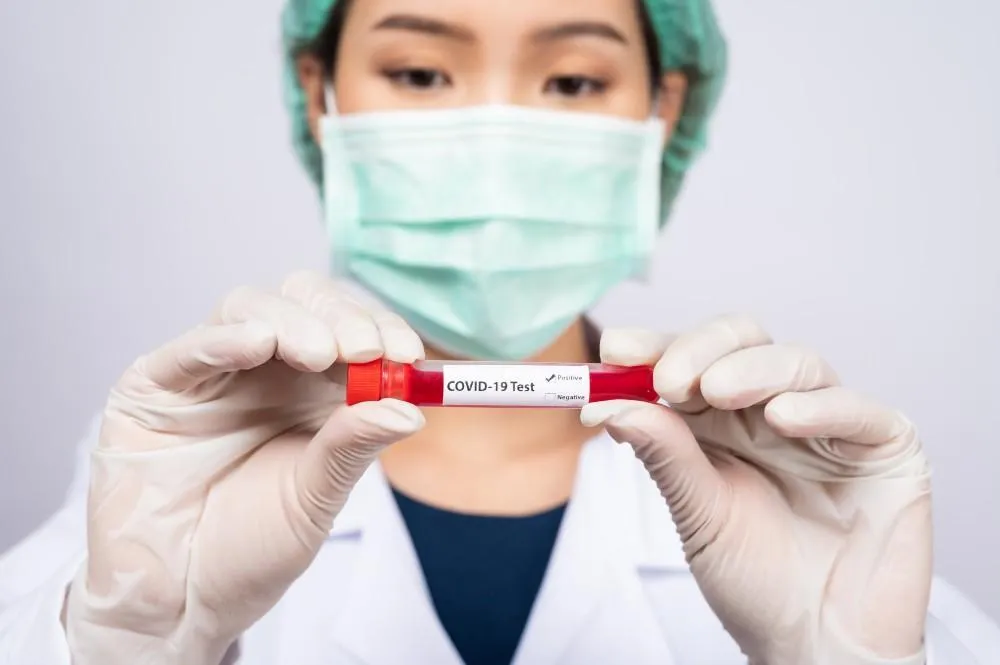
The COVID-19 pandemic has triggered a flood of information — many details of which continue to change as the medical community constantly learns more about the new, highly contagious virus.
The medical team offer on-site, drive-up services for COVID-19 testing for your safety and convenience.
While the disease is highly contagious, not everyone needs to be tested for COVID-19. Read on to find out some basic guidelines to follow if you’re considering a COVID-19 test.
Do you have COVID-19 symptoms?
The coronavirus has been shown to cause a wide range of symptoms that affect people differently. Some people have the virus but show no outward symptoms. These people are considered to be asymptomatic but still highly contagious.
People of all ages have reported symptoms that range from mild to severe to life-threatening. Within 2-14 days after exposure to the virus, you may experience symptoms like:
- Fever
- Chills
- Headache
- Sore throat
- Muscle aches
- Persistent cough
- Shortness of breath
- Nasal congestion
Some people experience gastrointestinal issues, like diarrhea, nausea, and vomiting. You may also notice a decrease in your sense of smell and taste as the result of COVID-19.
If you experience any of these symptoms, contact All Day Medical Care Clinic to determine if you need COVID-19 testing. If you develop sudden shortness of breath or any difficulty breathing, seek emergency medical attention from the nearest hospital or by calling 911.
Were you exposed to COVID-19?
If you have been exposed to someone who has tested positive for COVID-19 or who is experiencing possible COVID-19 symptoms, you may consider getting your own test. You can call All Day Medical Care Clinic to find out if you need a test, even if you’re not yet experiencing symptoms.
Being around someone positive for the coronavirus requires you to quarantine away from others for at least 14 days to prevent the possible spread of the virus. You should plan to isolate yourself while you await the results of your test and continue to quarantine if your results are positive.
Is your job a risk factor?
If you work around other people, you may wish to have a COVID-19 test for your own piece of mind. Your provider can discuss your options for COVID-19 testing if you’re not having symptoms but have concerns about your contact with other people.
Some employers may also request a COVID-19 test if you work in certain jobs or environments for the health and safety of others. You may also need testing in other situations, such as before traveling and undergoing a surgical procedure.
Moving forward with your COVID-19 test results
If the results of a COVID-19 test are positive, your physician can recommend the best recovery methods. Many people can recover from mild symptoms while isolated at home without medical intervention. You still need to quarantine for 14 days even if you’re asymptomatic.
If your symptoms get worse as the virus progresses, you may need retesting and additional medical care.
If your test results for COVID-19 are negative, it means you weren’t infected at the time of your test. However, this doesn’t mean you won’t get sick. The sample may have been taken too early in the infection process. If you develop symptoms later, you will need to be retested.
If you have any questions or concerns about the COVID-19 virus or related symptoms, and want to discuss your options for a drive-through COVID-19 test, call the All Day Medical Care Clinic nearest you today.





